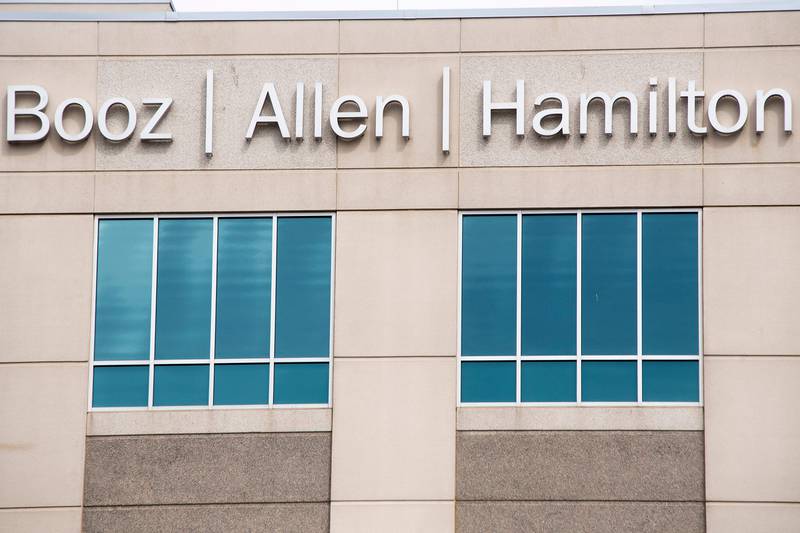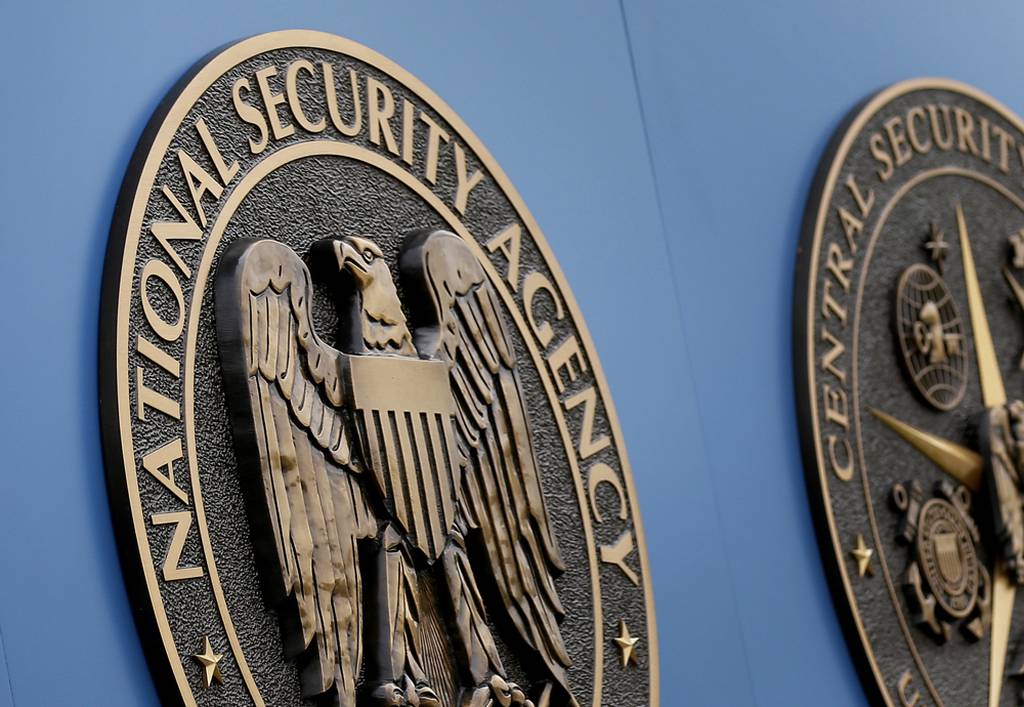WASHINGTON — The National Security Agency issued a request for proposals for a contract at the center of antitrust litigation involving Booz Allen Hamilton, court records show, adding urgency to a case that the U.S. says has national security implications.
The release of the RFP for the Optimal Decision signals intelligence and simulation contract comes as the Justice Department and defendants Booz Allen Hamilton, one of the largest U.S. defense contractors, and EverWatch, a provider of intelligence support services, filed a flurry of arguments to a Maryland district court.
“The timing of the release of the RFP was a surprise to plaintiff’s counsel,†the Justice Department stated in a memo provided to the court Sept. 14. “But the RFP’s release also creates certainty about the timeframe for the final stage of the nearly three-year competition for the OD procurement, which before was missing.â€
An inquiry made to the NSA late Wednesday afternoon was not immediately answered. The final version of the RFP is similar to a draft circulated months ago, according to court documents.
The Justice Department in June sued to block Booz Allen — the 22nd largest defense contractor by revenue in the latest Defense News ranking — from acquiring EverWatch. In its complaint, the government alleged the combination would imperil market competition, harm taxpayers and crimp services provided to the NSA.
RELATED

Booz Allen and EverWatch are thought to be the only serious bidders on Optimal Decision, meaning a merger would produce a monopoly, according to the government. Spokespersons for the companies could not be immediately reached for comment.
Attorneys for Booz Allen have told the court the merger, announced mid-March, would actually stimulate competition and allow it to take on bigger companies, such as Lockheed Martin, and pursue “billions of dollars†in federal contracts.
EverWatch, owned by Maryland-based investment firm Enlightenment Capital, supplies artificial intelligence, cloud capabilities, data science, insider-threat analysis and other services. It is smaller than Booz Allen, which employs some 30,000 people.
Colin Demarest was a reporter at C4ISRNET, where he covered military networks, cyber and IT. Colin had previously covered the Department of Energy and its National Nuclear Security Administration — namely Cold War cleanup and nuclear weapons development — for a daily newspaper in South Carolina. Colin is also an award-winning photographer.








